Mangaluru, Jan 15: A 28-year-old man, who is a first-year MBBS dropout, was arrested by the police after he posed as a doctor and treated patients at a private hospital at Derlakatte on the outskirts of the city.
The arrested has been identified as Mohammed Habib Hussain, a native of Shivamogga, who was residing in Attavar, Mangaluru. He had discontinued studies after the first year due to personal reasons.
The incident took place on Sunday night at Yenepoya Medical College, Derlakatte. Dr Sampathila Padmanabha, medical superintendent, Yenepoya Medical College, said the accused had come to the medical college at midnight on December 29.
After speaking to the security guard at the hospital entrance, he introduced himself as an assistant to the consulting urologist, and wanted to visit patients at the private ward situated at floor number 7.
After entering, he called the duty nurse to get case sheets. Later, he examined two women patients in the presence of the duty nurse, and also wrote a prescription on the patient case sheet. He also yelled at a nurse, saying that she isn’t doing her duty properly, and left the place.
However, the nurse who grew suspicious, informed the management, after the accused had left the place. The management, who crosschecked about the accused, found out that he is not a doctor, and that he is also not associated with the hospital.
The management sent an advisory to all employees to produce their identity cards, whenever they enter any wards, especially at night, and also to keep an eye on anyone suspicious. The same message was passed on to other hospitals in the vicinity.
The accused again showed up at the hospital on Sunday night. As security guards were told about strangers visiting the hospital in the guise of doctors, he was allowed to enter the hospital premises, so that he can be apprehended. He later went to the reception counter and queried about the consultant urologist. When he noticed that the staff had an idea about what was happening, he tried to flee from the spot. He was later caught by a security guard, and the police were informed. He was arrested by Ullal police station personnel.
Dr Padmanabha added that he used to roam around with his friend in a car. He was also involved in a similar incident at a private hospital in Kankanady, and the same has been informed to the police. He visited hospitals in a car, which has been seized by police.
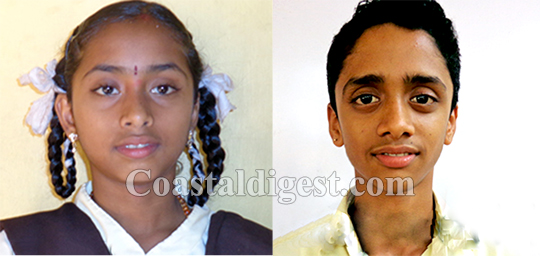
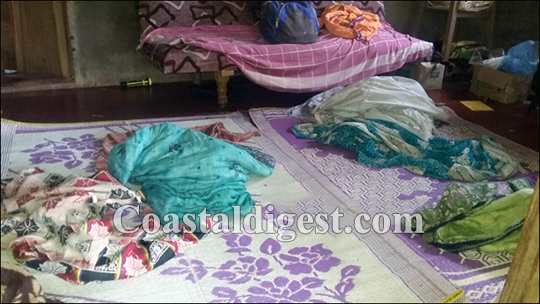
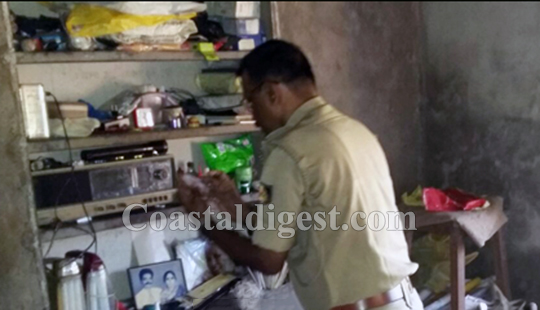
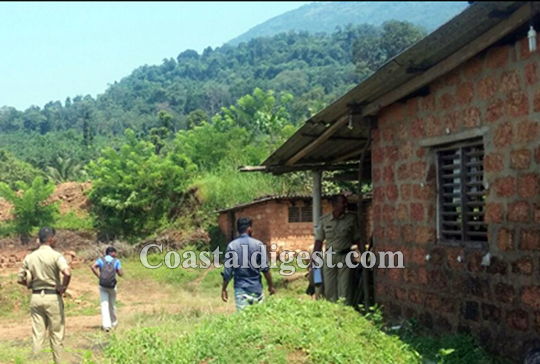
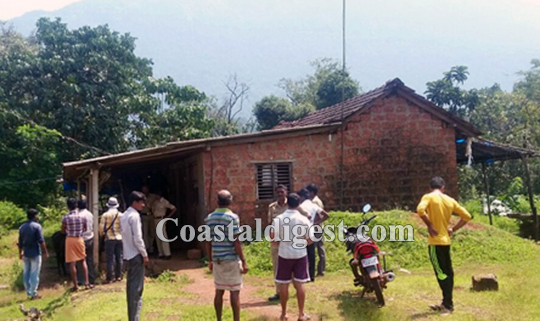




Comments
why they feed poison to innocent children ? innalliha
Add new comment